ROTTERDAM – Starring in Riders of Justice, screening in the Limelight section, Mads Mikkelsen talks dance, cinema and juggling Hollywood with independent film.
FROM DANCE TO ACTING – «I became a dancer out of coincidence. I was asked to appear in the background in a musical and do some acrobatics and we were asked to do a few steps. There was a choreographer there and she thought I had talent and she asked if I wanted to learn the craft. I basically had nothing to do so I said yes and then I was a dancer for almost ten years. Throughout the dance period, to cut a long story short, I was always mostly in love with the drama of dance and not so much the aesthetic of dance. When I started doing more and more musicals and got small parts I asked myself: why don’t you do drama full time if that’s what you love? So I applied for drama school and was fairly old when I got out, but then I made it!».
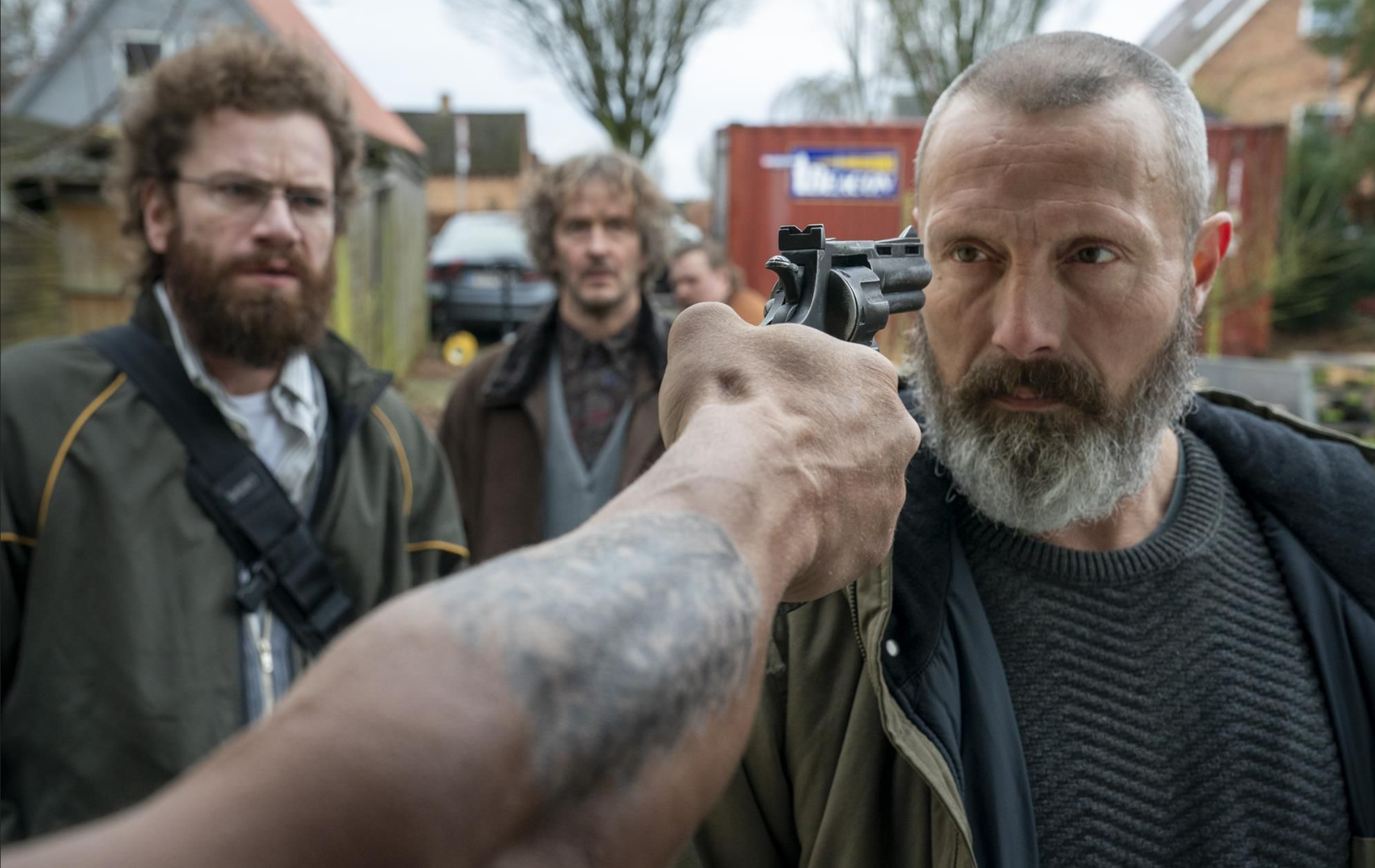
ON METHOD ACTING – «Actors don’t talk so much about method. I think it’s a journalistic thing. They love the idea that we are method actors. Every time you put the label of method on something, it must be good. But the origin of method is quite a boring technique: you reproduce an emotion by doing something physical again and again. So all this stuff about gaining weight or living on a mountain for two years, that’s basically just preparation that you can take too far or you can make too little of it. That’s the balance that every individual actor has to choose».
ON WHAT MAKES A GOOD ACTOR – «That’s a tricky question. We might like different things, the audience might like different things. They will identify with some people and not others. The ones they don’t identify with are not necessarily bad actors; it’s just that they don’t identify with them. But I think identifying is a key word. I think that somehow we as actors have to relate to the characters and if we can do that, there is also a chance that the audience can. You know, you have to integrate with the character and not just look at them at arm’s length. Looking at them from arm’s length, they can become a political statement more than a character».
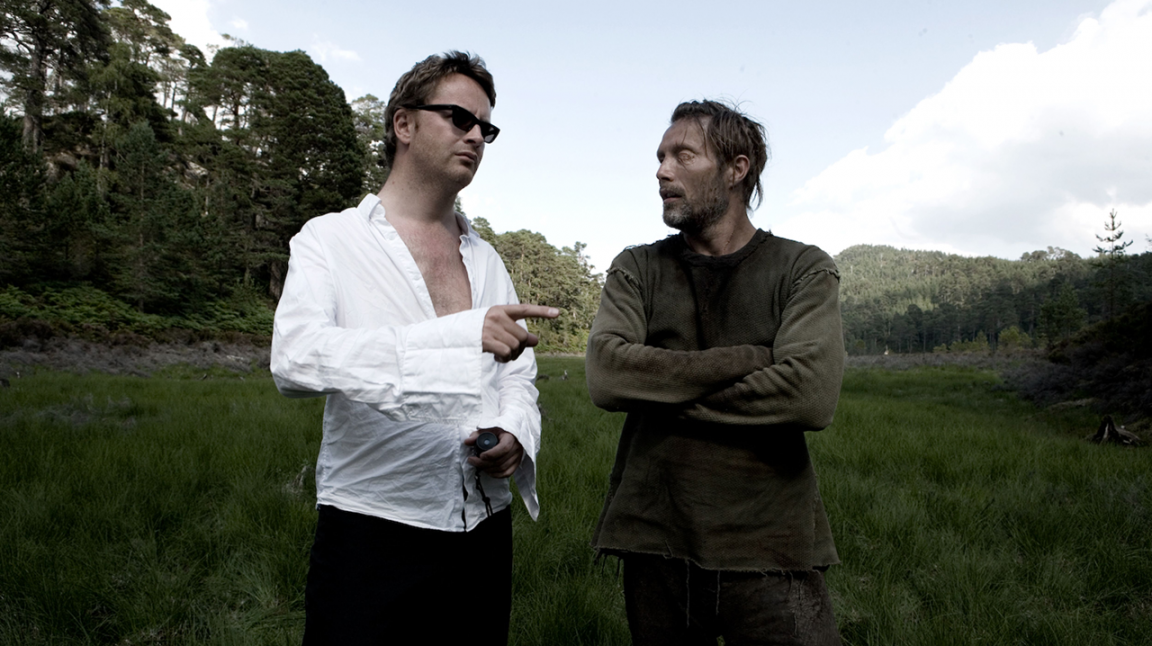
ON WORKING WITH THE SAME DIRECTORS – «There are quite a few that I have worked with more than once or twice. And quite a few I’ve only worked with once, some of whom I would love to work with again. There’s a chance – which is also a risk – that if you know each other well there are certain things you can skip in the process of being creative. You are not as worried that you will offend each other. You can be more straightforward with your arguments and on set you don’t have to use that many words to correct something in the direction that the director wants. There’s a chance that you will push each other a little further if you know each other. But there’s also the chance that you’ll repeat yourself because that is what feels comfortable. So it’s always about being hungry and starving and curious enough together that you will push yourselves into a territory that you might not have entered if it had been with someone else. Specifically with Riders of Justice it is a different film for Jensen. He’s been writing deep felt dramas for other people and he’s been doing his own dark, crazy comedies always rooted in something heartfelt, I would say. It’s not funny just to be funny. It deals with topics such as death, religion, God, Satan, etc. This time he has created a bastard child between his own work and what he writes for others. So the part of the film I’m in with my daughter could almost be a straightforward drama and then it collides with this insane universe that the director is famous for. So for us it’s very important to find a bridge between those two worlds and that’s what we spent a lot of time before shooting trying to figure out. Normally, in the other films I’ve done, I’ve been on the other side of the spectrum, on the crazy insane side, which is not to say my character is a healthy person in this film either, but it’s in a different way. So it was a big necessity for us to know each other well to pull this film off».
ON BEING DUBBED – «I come from a country where we don’t dub. That’s also the reason why we have & and 7-year-old kids who can formulate themselves to a certain degree in English. So we don’t have that tradition and it breaks our soul when we know our films will be dubbed. It breaks our hearts. It’s different if like when I made a German film and I spoke German and they kept my own voice around the whole world except for Germany because you could tell I was not a born and bred German. They found a guy and I could hardly tell the difference between us. He was a theatre actor who went in and caught the emotion, so it can be successful».
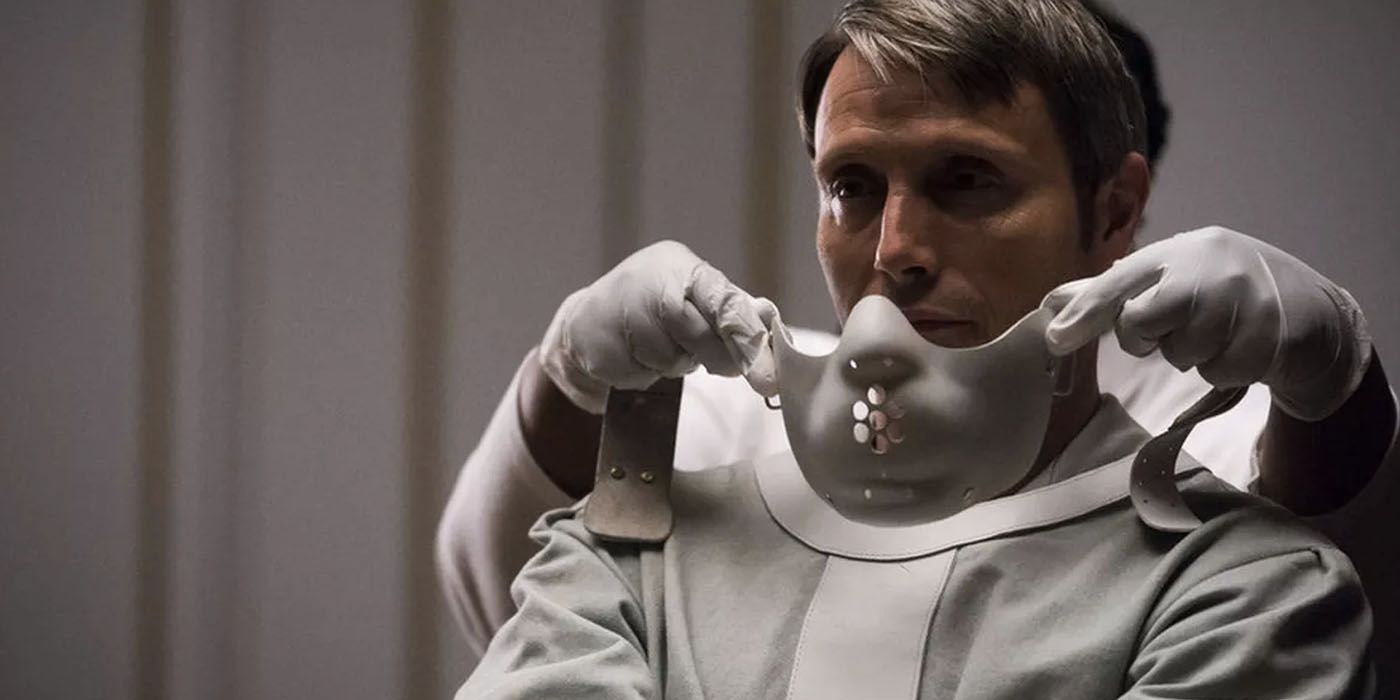
ON PREPARING A ROLE IN DANISH OR ENGLISH – «There is a difference. I’ve done quite a bit now in English so it’s not the same now as it was ten years ago. Obviously, I am finding my way more and more into that world of speaking English. If it’s German, or French for that matter, that would mean more preparation. But the big key is to find your identity in the language and it’s interesting because even if you might get along privately in the language and you don’t think too much about it, there is a character in there who is not you and you somehow have to get past that in order to play the real character, who is standing there right behind the language. There are different approaches for different films. I’m still working my way through that universe».
ON PUTTING DENMARK ON THE MAP – «Most of the stuff I have done in America and England has been as the bad guy, the villain, so for some reason that accent right now is very fashionable and that’s what they use. It used to be the Brits. The Brits who had the very British accent would always play the bad guy and for a long time it was the Russians. Americans have a hard time identifying with someone who doesn’t speak absolutely perfectly like they do, which is ironic as America is full of accents. England not so much and the rest of Europe don’t have an issue with that. We were lucky that Dogma came out and Lars von Trier placed Denmark on the map meaning that people were watching Danish films and watching Danish actors and all of a sudden it was the Danish actors who got offers from abroad. And just before that it was the Swedes. We’re still waiting for the Norwegians, but there are a few out there!»
ON WORKING DURING THE COVID PANDEMIC – «It’s tricky. I haven’t been working that much. This film (Riders of Justice) and Last Round were finished before, in March, and I haven’t been working until now because everything shut down. Right now, with the big studio films, when they have enough money they find themselves in the luxury situation of testing everybody. The entire crew and the entire cast every day are being tested and we’re wearing masks everywhere. So that’s very costly, of course, and small-budget films cannot do that, but a big film like this (Fabulous Beasts) can pull it off. Hopefully they’ll finish here in a couple of months, but for most projects it’s a no-go. Once we start working it’s not that different. We take off the masks and we know that we’re all negative and can do the scene and put it on again when the scene’s over. There’s not a lot of kissing and hugging in the films we’re going to see next year, for sure!»
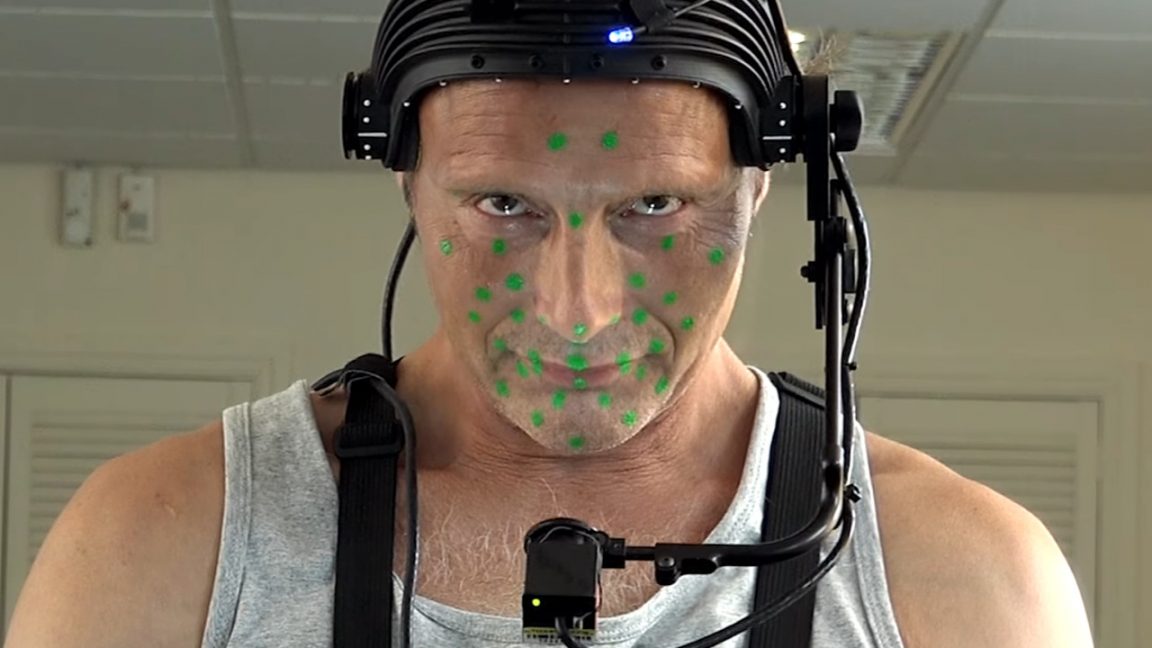
ON TAKING UP DIRECTING – «I don’t see a reason why! I’m working with the best directors. I worked with Anders Thomas Jensen and Thomas Vinterberg and they made two outstanding fantastic films, I think, so right now I’m not hungry, I’m not dissatisfied with the products. One of the reasons an actor wants to direct is when you’ve done a number of films you’re not pleased with and you might be standing there as an actor thinking ‘if only we’d done this or only changed that’, but I haven’t been in that situation. I’m very lucky that they invite me in very early on to discuss the story. If I do get miserable one day, I might consider it!»
ON THE FUTURE OF CINEMAGOING AND INDEPENDENT CINEMA – «I’m not super worried. I know a lot of people are asking if this could be the start of the death of cinema in the sense of going to a movie theatre. I’m not that worried: I believe that films, like opera, like a musical, like football, is an adventure that people want to go on together even though there are a lot of people streaming right now at home in front of the television and there might be some of them who might get used to that and might not want to go to the movie theatre again, I think that the vast majority cannot wait for the day that the doors are opening and they can buy some popcorn and they can meet some friends and go into a room and have an experience with other people. As long as we can find a way to get past this shutdown, which is looking quite tricky».
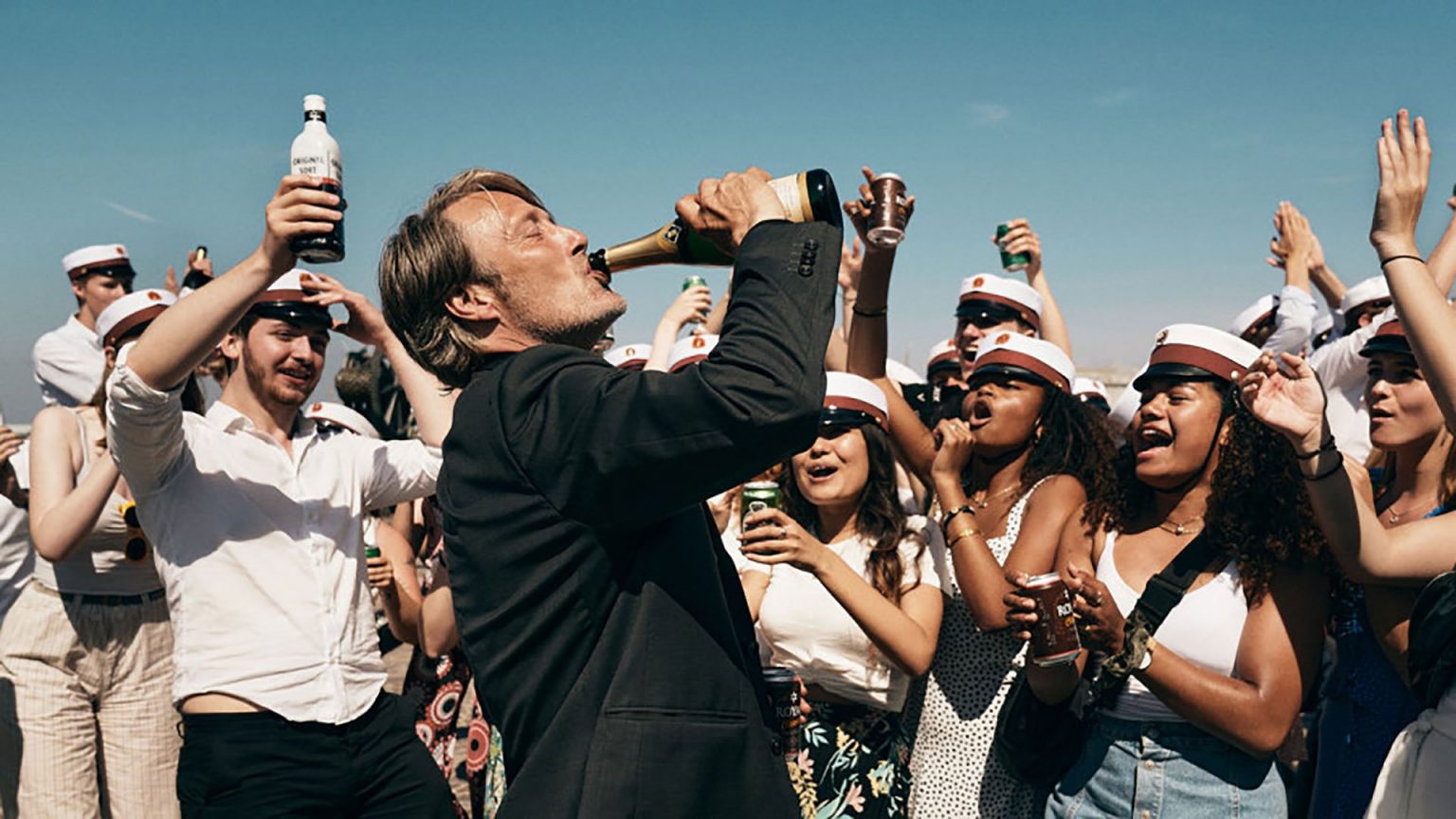
ON VIEWING HABIT DURING THE PANDEMIC – «I don’t watch a lot of films, considering my profession. I tend to find myself at work when I watch a film. I often watch basketball and watch football, but I have watched a few things, especially documentaries. The more neutral a documentary is, the more interesting I find it. There’s been a tendency for people to take a side or a stance when they shoot a documentary and that can be interesting as well, but not as interesting as if they were as neutral as possible».
ON ANOTHER ROUND – «We didn’t know what to expect. We believed we had a film that was worth watching. Then there was the reaction to the theme of four high-school teachers who were not just experimenting with their drinking while they worked but also to some degree inspiring some of the younger people to do the same! That could get some backlash, we thought. Then we watched the film in the middle of summer and we looked at each other and we were said ‘Oh my God, are we allowed to do this?’ because it was full of people kissing each other and hugging and drinking from the same bottle. It was full of the life we remembered from half a year ago. But we had already reached a point where we were not used to doing anything – almost not used to looking at each other’s eyes – so that was a scary thing for us. It was really fast and we thought we might get some backlash for that as well, but the opposite happened. People saw it for what it is: a life-embracing film. I think they have been craving it during the lockdown. The last thing they want to see was a film about Covid 19! They wanted to see a film about life».
- IFFR 2021 | Riders of Justice: Anders Thomas Jensen’s movie review
Another Round: interview Thomas Vinterberg & Mads Mikkelsen:

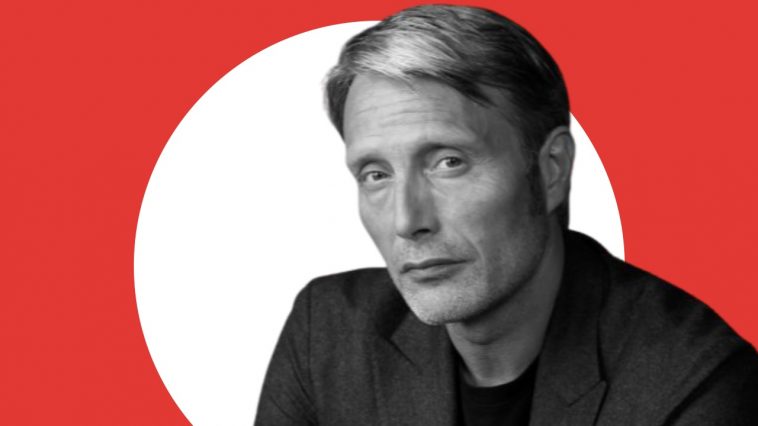

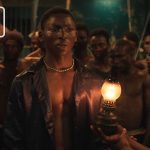


Leave a Comment